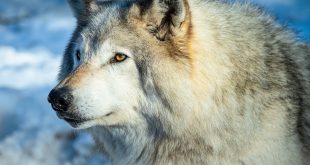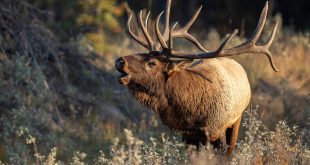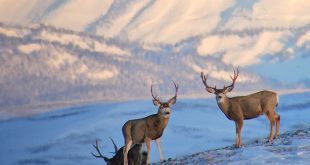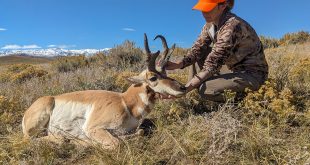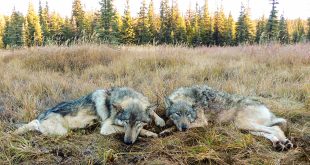Several New Laws Passed in Utah
By Dan Pickar
Some random wildlife legislation was signed into law recently in the state of Utah by Governor Cox which included four different house bills. Most of these laws are not absolute but give DWR the power to make additional laws where they need to. Let me explain.
HB 222: Wildlife Hunting Amendments
- Updates hunter orange requirements for big game hunters
- Clarifies when meat processors can use big game byproducts in dog food
HB 382: Wildlife Amendments
- Designates individuals involved in new development as infringing on wildlife habitat
- Allows Utah Wildlife board to establish seasons and regulations for antler gathering
- Establishes a restitution value of $30 per pound for shed antlers
- Clarifies enforcement of laws related to wildlife violations and trespassing
HB 2: New Fiscal Year Supplemental Appropriations Act
- Provides $8.5 million for the acquisition of 2,600 acres in Morgan County for wildlife management and state parks
- Allocates $2 million to the Endangered Species Mitigation Fund for conservation efforts
HB 469: Department of Natural Resources Law Enforcement Amendments
- Approves the creation of a new Division of Law Enforcement under the Utah Department of Natural Resources, effective Jan. 1, 2025
The biggest news in my opinion is the new hunter orange law, which goes into effect May 1st. It requires hunters to wear orange on the exterior of their clothing instead of requiring hunters to wear a specific number of square inches of orange. It also gives DWR the authority to require other individuals like hikers to wear hunter orange while on wildlife management areas during hunting season.
Another law states that any individuals involved in new developments after May 1 are considered to be infringing on existing wildlife habitat and therefore may not qualify for wildlife damage or nuisance claims against the state. Other new rules in the bill have to do with taxidermy. A taxidermist must keep transaction records for three years for the wildlife they received including license numbers associated with the animals they work on. This also goes for meat processors, a butcher cannot accept carcasses without the carcasses being properly tagged.
 Eastmans' Official Blog | Mule Deer, Antelope, Elk Hunting and Bowhunting Magazine | Eastmans' Hunting Journals
Eastmans' Official Blog | Mule Deer, Antelope, Elk Hunting and Bowhunting Magazine | Eastmans' Hunting Journals
